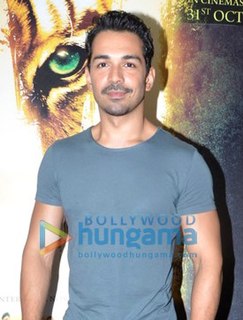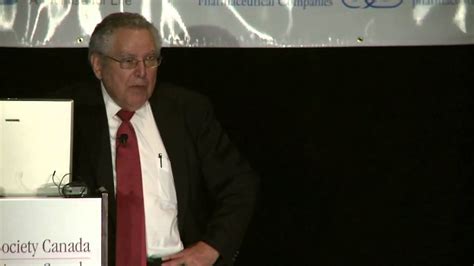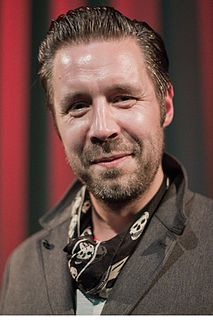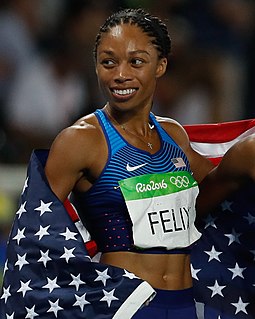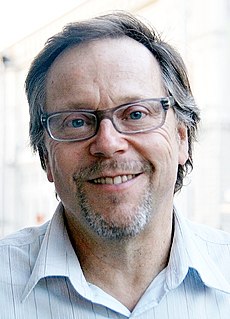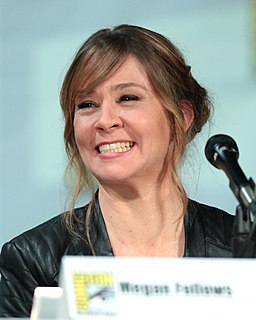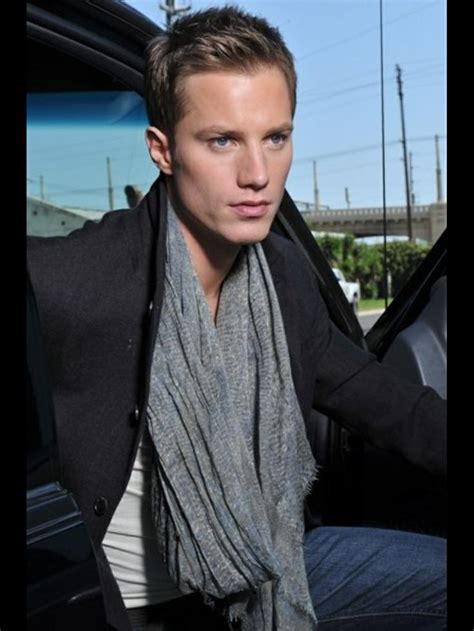A Quote by Abhinav Shukla
If you ask me, we actors have this amazing ability to detach ourselves from an emotion and just do it for the camera.
Related Quotes
I ask my assistants if they're retarded all the time. When the camera is on you, of course, actors have the ability to make it real. For me, if I'm not talking, it is a problem. I have so much more respect for actors after being in front of the camera, and I realize that the hardest part is when you're not talking. Listening is harder than just acting. Listening is the hardest part.
Human beings are powered by emotion, not by reason. Study after study has proven that if the emotion centers of our brain are damaged in some way, we don't just lose the ability to laugh or cry, we lose the ability to make decisions. Alarm bells for every business right there. The neurologist Donald Calne puts it brilliantly: “The essential difference between emotion and reason is that emotion leads to action while reason leads to conclusions.”
With directors, some have a kind of in-built ability to just know how to work with actors and get the best out of actors, and some don't have a clue about acting. I think it'd be a good idea if directors put themselves in front of the camera, or even went on a six-week drama course, just to know a little bit about what that feels like.
What I love in working on film is just working with actors. It's one thing to write scenes alone over a keyboard and to imagine the actions and reactions in your head, but it's a completely other thing to hear actors speaking your words, to see their bodies bringing the fullness of emotion, need, desire and pain to life right in front of you. It's amazing.
My mom always has this amazing ability to always see the best in a situation. In that moment [when finished 2nd in the 200 meter race in the 2008 Olympic games] I was just completely devastated. I mean, I had worked so hard; that was my opportunity. And she was just able to turn it around for me. She helped me to be able to see the other side of things and that this is not the end for me. She's just an amazing supporter and an encouraging person and she has a unique ability to do that. And so those are the kind of things she said to me in that moment and over the next four years. When things get tough, she's always been my strength.
I'm very heavily involved in the editorial post-production process, and the camera - it's just such a big part of my storytelling language. I like creating the tension; I like creating the emotion through the movement of my camera, or the lack of movement through my camera, depending on what fits the scene best.
